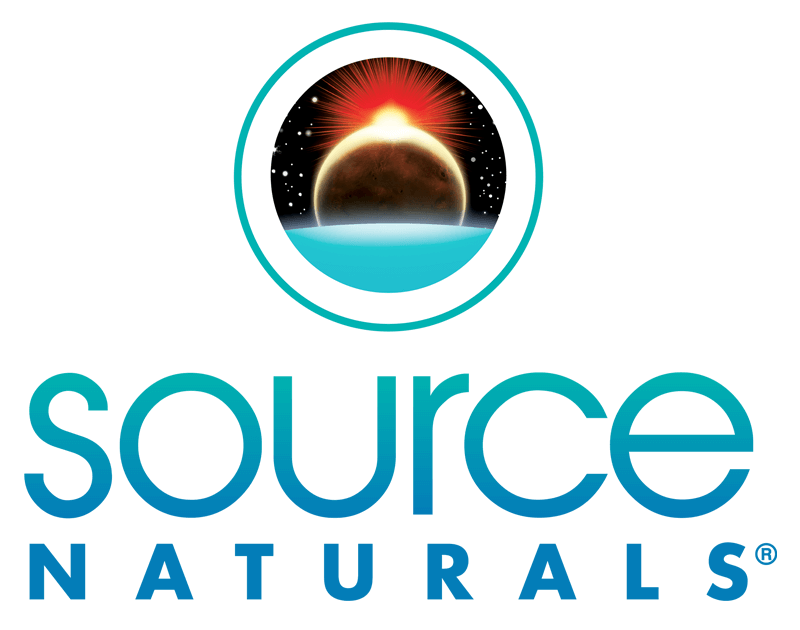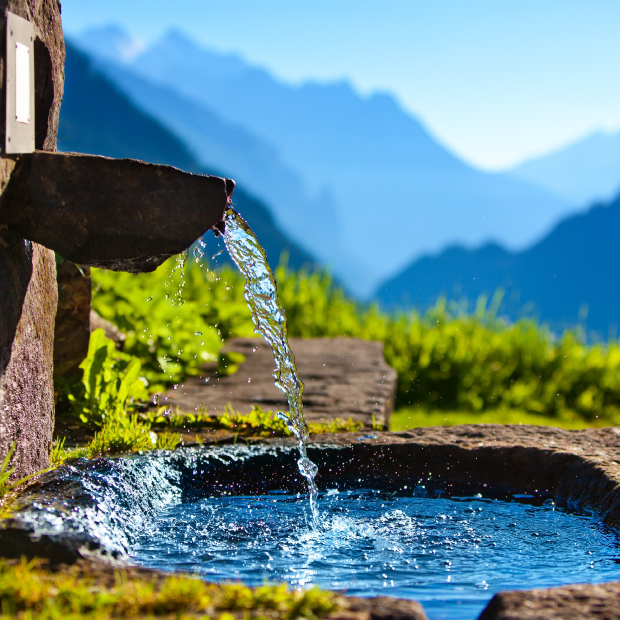
Our increasingly urbanized, indoor, screen-driven, stress-filled lives are taking a huge toll on both our physical and mental health. Luckily, science has found a sure remedy, and it’s been with us all along: Nature.
Nature’s Benefits, Quantified
Traditionally, the natural world has inspired and enriched humanity. Now, modern researchers are directly measuring the physical effects of Nature experiences on us humans:
- Researchers from the University of East Anglia, UK, analyzed data from 143 studies involving 20 countries (including the US) and more than 290 million people. Their conclusion: Exposure to green space—defined as "open, undeveloped land with natural vegetation, and urban green spaces, including urban parks and street greenery"—reduces the risk of serious chronic disease. Spending time in natural green environments, they found, also eases stress and increases sleep duration, among other benefits.
- At the University of Utah, Dr. David Strayer has shown that spending a sufficient length of time in Nature—like on a backpacking trip—gave hikers’ brains a rejuvenating break. Subjects not only reported increased feelings of well-being but also demonstrated a 50% increase in creative problem-solving skills and corresponding changes in brain patterns on their EEGs.
- Stanford researcher Gregory Bratman sent people out for 90-minute walks in either natural or urban settings, and then compared how they felt afterward to actual scans of their brains. Subjects who walked in Nature reported more positive thoughts and showed consistent changes in their brain activity.
- In Japan, scientists found significant, lasting reductions in stress hormones, blood pressure, and heart rate among people who walk mindfully in the forest, immersing themselves in “forest bathing.”
- Researchers in England, Canada, and Scotland documented lower rates of disease and death among people who live near parks and green spaces—even if they never actually used the open space.
Consequences of a Lost Connection
Humans have an innate connection to the natural world. Biologist and educator EO Wilson calls this connection biophilia, “a rich, natural pleasure derived from being surrounded by living organisms, including plants and animals.”
Modern culture, however, is turning us toward an increasingly indoor, sedentary, screen-lit lifestyle.
- The Harvard School of Public Health calculates that American adults spend less time outdoors than they do in their cars: less than 5% of their day.
- Only about 10% of American teens spend time outside every day, according to the Nature Conservancy.
- The Learning Works found that American children ages 8 to 18 spend half as much time outside as their parents did as kids, yet more than 10 hours a day with digital technology—often on more than 1 device at a time.
You Can Still Reconnect
How do you keep modern life from damaging your health? The safest, most effective remedy is the simplest: Reclaim your connection to Nature. Even small changes have big benefits, no matter what your age or stage of life.
- Take a short “Nature micro-break.” As little as 5 minutes in (or viewing) a natural setting improves focus, mood, self-esteem, and motivation.
- Get your kids outside. Experts recommend that kids get 60 minutes of physical activity outdoors daily. Let your kids walk to school, if possible; ask their teachers to organize outdoor class activities; encourage your kids to move, play, and unwind from their day by going outside.
- Take a walk. A 20-minute walk outside boosts feelings of vitality and “zest for life” in kids and adults. Bring the dog (if you have one) and share the activity with the whole family.
- Bring some outdoors in. Add green plants to your space to help clean the air. Open the curtains or blinds to let in natural light, if you can. Add a photo of your favorite Nature scene to your workspace or computer screen(s).
Reconnecting to the outdoors can help heal us—and best of all, Nature has no side effects (except maybe that you’ll want more)!
There’s an environmental bonus here, too: When we value the natural world and the benefits it provides, we’ll be more likely to recognize that it deserves our care and protection in return.
References
To dig deeper into the benefits that Nature experiences can offer, check out these links.
Caoimhe Twohig-Bennett and Andy Jones, “The health benefits of the great outdoors: A systematic review and meta-analysis of greenspace exposure and health outcomes,” Environmental Research, October 2018. Accessed 2/5/19.
Catherine A. Wood, “7 Reasons to Get Outside NOW,” HuffingtonPost.com, 12/6/17. Accessed 2/5/19.
Chris Mooney, “New research suggests Nature walks are good for your brain,” WashingtonPost.org, 6/29/15. Accessed 2/5/19.
Florence Williams, “This Is Your Brain On Nature,” NationalGeographic.com, Jan. 2016. Accessed 2/5/19.
Jill Suttie, “How Nature Can Make You Kinder, Happier, and More Creative,” University of California, Berkeley, 3/2/16. Accessed 2/5/19.
Lauren F. Friedman and Kevin Loria, “11 scientific reasons you should be spending more time outside,” BusinessInsider.com, 4/22/16. Accessed 2/5/19.
Susan L. Prescott and Alan C. Logan, “Connecting with Nature Has Real Health Benefits,” HuffingtonPost.ca, 4/30/17. Accessed 2/5/19.
University of Minnesota, Center for Spirituality & Healing and Charlson Meadows, “How Does Nature Impact Our Wellbeing?” 6/25/14. Accessed 2/5/19.









